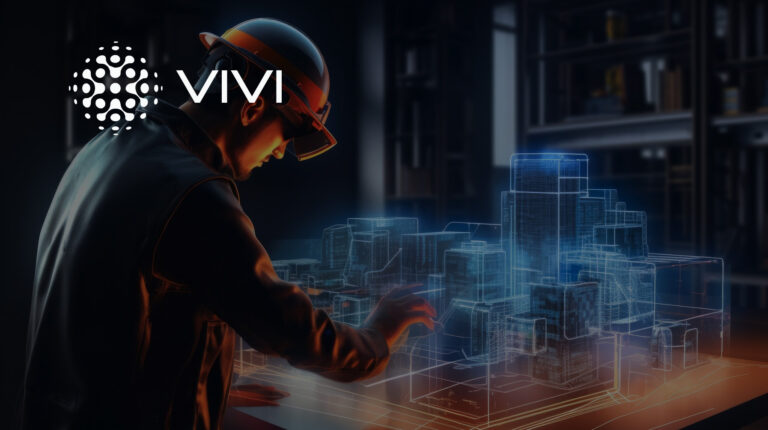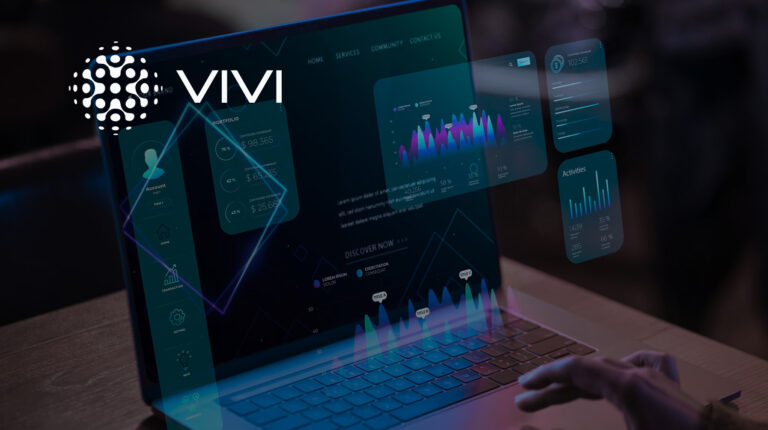So, What Even Is an AI Agent?
You probably use AI agents every day without realizing it. They’re handling tasks, making decisions, and sometimes creeping you out with how well they predict what you need. Some are basic, just following set rules. Others? They adapt, learn, and improve over time. The smartest ones? They’re basically running the show.
Ever notice how your phone unlocks faster than it used to? Or how Netflix always seems to know exactly what you’ll binge next? That’s AI. It doesn’t just react—it learns. Like a barista who finally stops messing up your complicated coffee order after weeks of trial and error.
And AI isn’t just about convenience. It’s calling the shots in finance, healthcare, and even security. Sometimes that’s great. Other times, it makes you wonder—who’s really in charge here?
AI Agents: The Basics (No Tech Jargon, Promise)
AI agents do three things:
Observe
They take in data, whether it’s from a sensor, a camera, or your voice.
Think
They analyze patterns, compare options, and attempt to make the best choice.
Act
They do something—adjust your thermostat, reroute traffic, suggest another cat video because, apparently, you need more of those.
Some just react. Others plan ahead. And the really smart ones? They evolve, learning from every mistake (which, honestly, is more than some people can say).
The 5 Types of AI Agents (And Where You’ve Seen Them)
1. Simple Reflex Agents – The “Instant Reactors”
No memory. No strategy. Just instant reaction—like when you accidentally say “You too” after a waiter tells you to enjoy your meal.
Examples:
- Your thermostat flips on the AC when the room gets too hot.
- Grocery store doors slide open as you approach.
- Spam filters toss junk emails before you even see them.
2. Model-Based Reflex Agents – The “Aware Decision-Makers”
A step up. These agents track what’s happening around them and adjust instead of blindly reacting.
Examples:
- Self-driving cars slowing down when a pedestrian walks by.
- Smart sprinklers skipping a watering cycle because rain is coming.
- Power grids shifting energy loads to prevent blackouts.
3. Goal-Based Agents – The “Planners”
Instead of just reacting, these agents work toward a goal. Like a road-tripper who plans every stop instead of just winging it.
Examples:
- Netflix recommending your next binge-worthy show (a little too well).
- AI project managers shifting deadlines when your team falls behind.
- GPS picking the fastest route based on real-time traffic.
4. Utility-Based Agents – The “Best-Case Scenario Bots”
They don’t just pick any option—they pick the best one. At least, that’s the idea.
Examples:
- AI stock traders deciding when to buy and sell to maximize profit.
- Delivery apps optimizing routes so drivers don’t waste time.
- Social media feeds curating content to keep you scrolling forever (literally).
5. Learning Agents – The “Self-Improvers”
These are the AI big leagues. They get better over time, constantly learning from experience.
Examples:
- Fraud detection systems spotting new scam tactics before they spread.
- AI medical assistants improving diagnosis accuracy with every patient.
- Voice assistants finally understanding your accent after months of confusion.
Other AI Agents You’ve Probably Used Without Thinking About It
- ChatGPT – You’re literally reading this because of it. Enough said.
- Tesla Autopilot – Tesla’s AI helps cars steer, switch lanes, and avoid accidents, all while constantly learning from real-world driving data.
- Google Search AI – Ever notice how Google knows what you’re searching for before you finish typing? Yeah, that’s AI reading your mind. Kind of.
- Amazon Alexa – Your smart speaker keeps getting better at answering questions, controlling your home, and probably listening to everything you say.
- IBM Watson – Used in medicine, law, and finance, Watson processes massive amounts of data to help professionals make better decisions.
Want to Build an AI Agent? Here’s What You’ll Need
- A purpose – What’s the AI actually supposed to do?
- The right setup – Cloud server? On-device? A mix of both?
- A brain – Machine learning? Rule-based decisions? A combination?
- A ton of training data – Bad data = bad AI. No way around it.
- Testing in real conditions – Because perfect lab results don’t mean much if it flops in the real world.
- Ongoing updates – AI that never improves is basically useless.
Challenges That Come With AI (Because Nothing’s Perfect)
- Bias is real – AI reflects the data it’s trained on. If that data is flawed, the AI will be too.
- Privacy concerns – AI collects a lot of data. Who owns it? Who controls it?
- Humans don’t always trust AI – Even when it’s right, people hesitate to rely on it.
- It’s still learning – Even advanced AI makes mistakes. Sometimes really dumb ones.
The Future of AI Agents: Where Is This All Going?
What’s Next?
- AI teams working together – Instead of single agents, multiple AIs collaborating.
- Processing data faster – More AI running locally instead of needing cloud access.
- Ethical AI development – More focus on fairness, transparency, and responsible usage.














